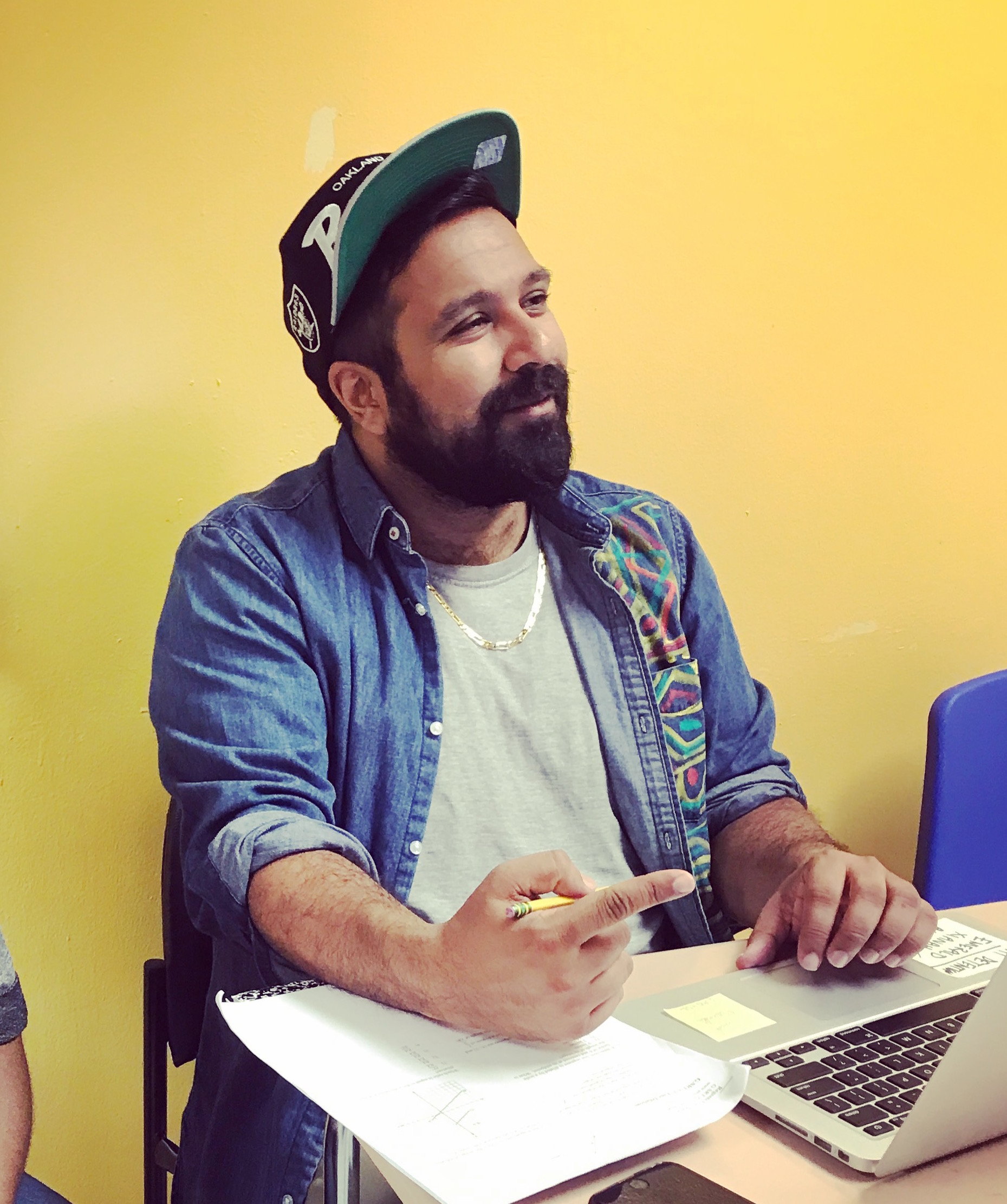“Teaching is akin to doctoring. The way that we treat healthcare is the way I look at education.” Alykhan Boolani is the Principal at Unity Preparatory Charter School of Brooklyn, New York. “We’re looking at guaranteed access and opportunity to students. We’re talking about something as serious as surgery.”
Early seeds of a career
alykhan_spirit_week.jpg

Alykhani had just graduated, bounding to return to his home state and continue the work he started as a high schooler. “In the 90s,” when he completed high school, “California was an intense place,” says Alykhan. He grew up on the periphery of California’s drug wars. His childhood neighborhood and school were relatively sheltered, but the counties just next door were not so. Growing up acutely aware of this divide, he started volunteering in prison reform work in high school. When he packed up to cross the country for college in Rhode Island, he carried those volunteer experiences closely.







